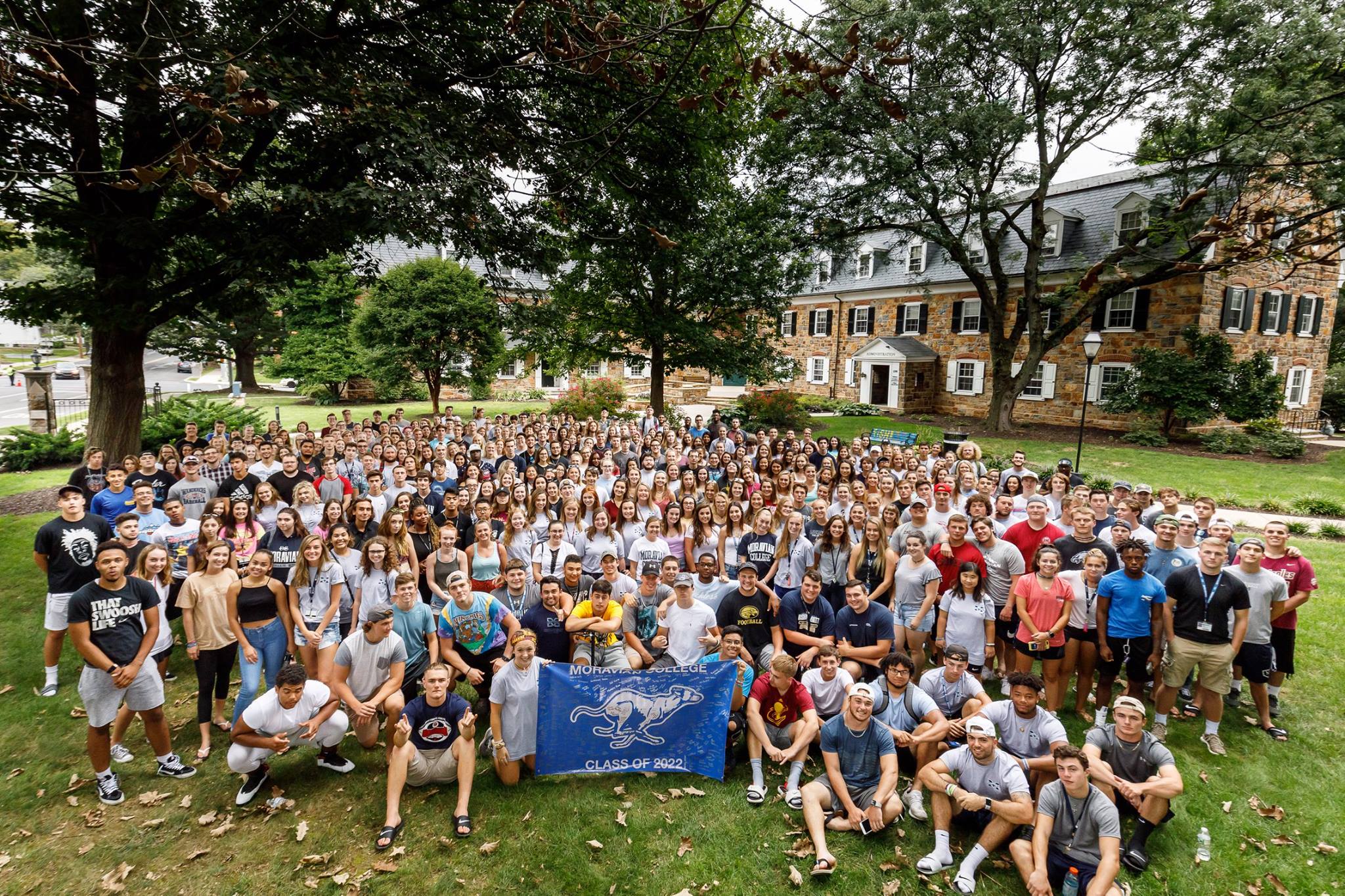Support for College Students with Anxiety
While everyone experiences anxiety (especially college students during mid-terms and finals) some people experience anxiety that isn’t proportional to the situation, doesn’t go away and significantly impacts their daily activities and ability to function. Anxiety is a medical condition that can stem from genetics, biochemistry and life events. When anxiety gets in the way of tasks you need to do on a regular basis and it rises to the level of a disability, you may qualify for accommodations at school.
Anxiety is the most common mental illness in the United States affecting more than 40 million adults age 18 and older almost one-fifth of the population, according to the Anxiety and Depression Association of America.
Signs and Symptoms of Anxiety
There are several types of anxiety disorders including generalized anxiety disorder, panic disorder and social anxiety disorder.
- Intense episodes of fear or panic
- Recurring nightmares
- Avoidance of social situations
- Difficulty concentrating
- Repeated, unwanted thoughts (obsessions)
- Sleep disturbances
- Upsetting, intrusive memories of a traumatic event
- Physical symptoms such as nausea, stomach pain, rapid heart rate, muscle tension, sweating, shaking, dizziness, numbness, or difficulty breathing
If You Are in Crisis: Call the toll-free National Suicide Prevention Lifeline at 1-800-273-TALK (8255) or text START to the Crisis Text Line at 741-741, available 24 hours a day, 7 days a week. The service is available to anyone. All communications are confidential.
If you are on Moravian's campus and need help:
- call the Counseling Center at 610-861-1510
- call Campus Police at 610-861-1583.
- speak with the campus Chaplain at 610-861-1421
Getting help on campus
If you’re experiencing many of these signs and symptoms and it’s impairing your ability to function as a college student, we suggest you:
- Talk to friends and family about it.
- Discuss your anxiety with the Director of Accessibility Services. You may be eligible for accommodations in your classroom, housing, or for programs and events at Moravian.
- Go to the Moravian University Counseling Center (610-861-1510), see a psychiatrist at the Counseling Center, and/or seek out support groups on campus.
- Try integrating these non-clinical holistic skills that can help:
- Exercise
- Yoga
- Meditation
- Mindfulness
- Better Nutrition

